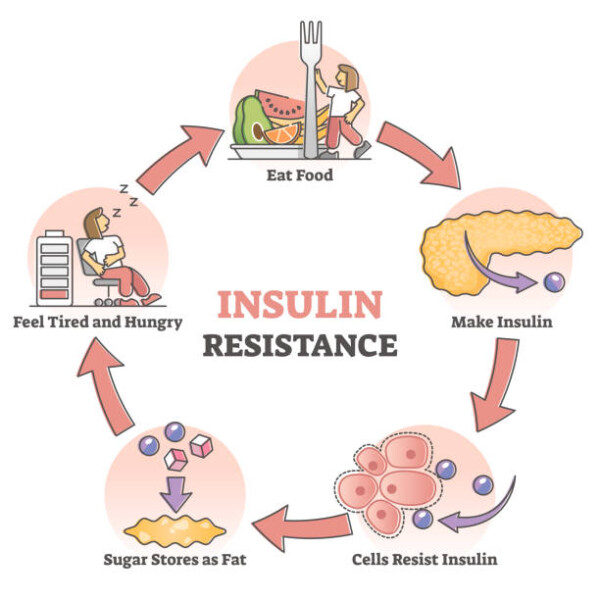
The Importance of Good Sleep for Human Health
Sleep is as essential to human health as food and water, yet it’s often overlooked in our busy lives. A good night’s sleep isn’t just about feeling rested—it’s a cornerstone of physical, mental, and emotional well-being. Let’s dive into why sleep matters so much and how it affects every aspect of our lives.
Why Sleep Is Non-Negotiable
- Physical Restoration:
During deep sleep, your body repairs tissues, builds muscle, and strengthens the immune system. This is the time when your body heals itself. - Brain Function and Memory:
Sleep helps consolidate memories and enhances problem-solving skills. It clears toxins from the brain, reducing the risk of neurodegenerative diseases like Alzheimer’s. - Mood Regulation:
Lack of sleep can lead to irritability, anxiety, and depression. Good sleep stabilizes emotions and enhances your ability to cope with stress. - Hormonal Balance:
Sleep regulates hormones like cortisol (stress hormone), insulin, and appetite-related hormones (ghrelin and leptin), which influence your weight and energy levels. - Immune System Boost:
Proper sleep enhances your body’s ability to fight off infections and reduces inflammation.
How Much Sleep Do Humans Need?
The ideal amount of sleep varies by age, but for most adults, 7–9 hours per night is optimal. Children and teenagers need more, as their bodies and brains are still developing.
The Stages of Sleep
A healthy sleep cycle consists of four stages, including rapid eye movement (REM) sleep and non-REM sleep. Each stage serves a purpose:
- Light Sleep: The gateway to deeper stages, where your body starts to relax.
- Deep Sleep: Crucial for physical repair and growth.
- REM Sleep: The dreaming stage, essential for memory consolidation and emotional processing.
Skipping or disrupting any stage can leave you feeling groggy and unfocused.
The Effects of Poor Sleep
Chronic sleep deprivation can have serious consequences, including:
- Impaired focus and memory.
- Increased risk of obesity, diabetes, and heart disease.
- Heightened stress, anxiety, and depression.
- Weakened immune function, making you more prone to illness.
- Shortened lifespan over the long term.
Tips for Better Sleep
- Stick to a Schedule:
Go to bed and wake up at the same time every day, even on weekends, to regulate your internal clock. - Create a Sleep-Friendly Environment:
- Keep your bedroom cool, dark, and quiet.
- Invest in a comfortable mattress and pillows.
- Remove distractions like TVs, bright lights, and clutter.
- Limit Stimulants:
Avoid caffeine, nicotine, and heavy meals a few hours before bedtime. - Wind Down:
Establish a calming bedtime routine, such as reading, meditating, or taking a warm bath. - Stay Active:
Regular exercise improves sleep quality, but avoid intense workouts close to bedtime. - Mind Your Screens:
Blue light from phones, tablets, and computers can interfere with melatonin production, making it harder to fall asleep. Turn off devices at least an hour before bed. - Consider Supplements or Support:
For occasional sleeplessness, natural aids like melatonin or magnesium may help, but always consult a healthcare provider.
Good sleep is not a luxury; it’s a necessity. Prioritizing your sleep improves every aspect of your health, from your brain’s ability to focus to your body’s ability to heal. By building healthy sleep habits, you’re setting yourself up for a healthier, happier, and more productive life.
When in doubt, listen to your body—it knows when it needs rest. After all, sleep is nature’s way of recharging your batteries for another day



